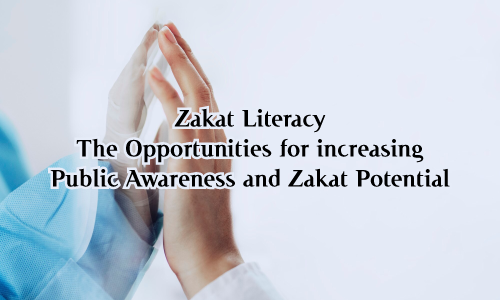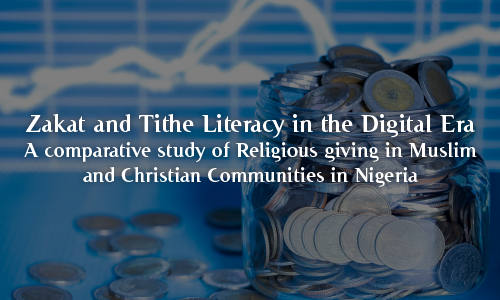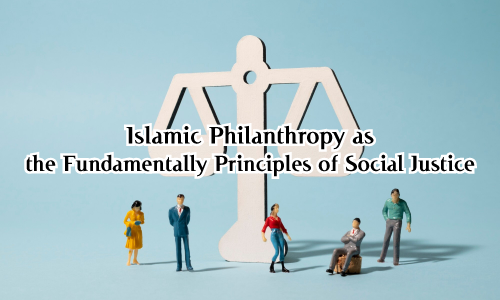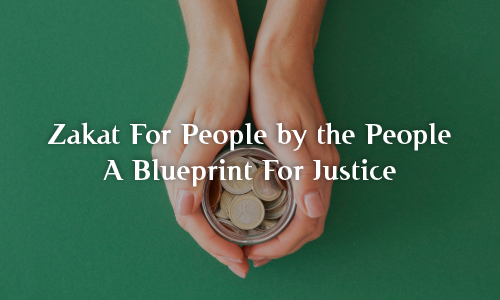
Summary: The creative industry in Indonesia has emerged as a vital contributor to the national economy, generating approximately 8% of the GDP in 2024 and US$24 billion in export revenue. This paper explores the challenges and opportunities for the sector, focusing on key subsectors such as fashion, handicrafts (kriya), and culinary arts through the lens of Islamic economics. Employing principles of maslahah (benefit), adl (justice), and ukhuwah (brotherhood), the study examines market competition, intellectual property rights, the digital divide, and access to funding. Additionally, strategic recommendations are proposed to enhance Indonesia’s global presence in halal markets through sharia-compliant financing, targeted digital promotion, and educational initiatives. The findings highlight the importance of integrating Islamic economic principles to foster inclusive and sustainable growth in the creative sector while positioning Indonesia as a global leader in halal products.
Introduction
Indonesia's creative industry has developed into a vital sector in the national economy, significantly contributing to the Gross Domestic Product (GDP) and non-oil and gas exports. This sector not only has the potential to drive economic growth but can also be viewed from the perspective of Islamic economics, where the principles of maslahah (benefit), adl (justice), and ukhuwah (brotherhood) serve as fundamental foundations.
In 2025, Indonesia's creative economy sector is projected to continue growing with key subsectors such as fashion, handicrafts (kriya), and culinary arts dominating export market share. According to the latest data, the creative economy contributed approximately 8% to Indonesia’s GDP in 2024, amounting to around IDR 1,400 trillion. This sector also generated approximately US$24 billion in export revenue, primarily driven by the fashion, culinary, and handicraft subsectors. Furthermore, the Gross National Product (GNP) of Indonesia saw a steady increase, influenced by rising export volumes in creative products, signaling strong global market integration. This article will examine the global challenges faced, the expansion opportunities that can be leveraged, and government strategies to strengthen the growth of the national creative industry through the lens of Islamic economics.
Read More Article

















